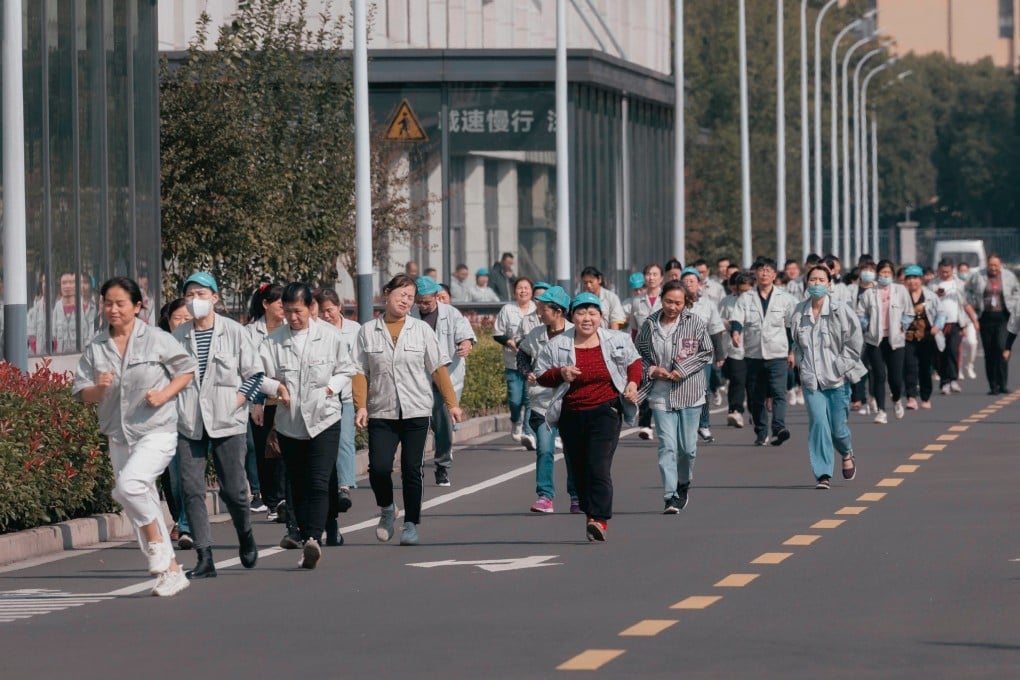Advertisement
Opinion | China’s workforce paradox and how to solve it
- China’s employment conundrum, where younger people are perceived as past their prime at age 35 and older workers retire too soon, must be addressed
- Workers across age groups should embrace lifelong learning and juggling multiple roles. AI can be deployed, with care, to avoid widening inequalities
Reading Time:4 minutes
Why you can trust SCMP
1

China is wrestling with a severe demographic challenge. The National Health Commission expects that by 2025, over 20 per cent of citizens will be over 60, the biggest aged population globally. This, paired with a birth rate that hit a record low of 6.77 per thousand people in 2022, portends a stark 1:1 worker-to-retiree ratio by 2050 compared to 2.26:1 today.
The government has not been standing still. In 2016, it abolished the one-child policy and allowed families to have a second child. In 2021, it effectively scrapped birth restrictions. Other policies include longer maternity leave, tax deductions and even banning private-tutoring companies from profiting from teaching core subjects.
More recently, in Hong Kong, Chief Executive John Lee Ka-chiu announced in his policy address that the government would provide a cash payout of HK$20,000 for each new child born in the city to a parent who is a permanent resident.
Advertisement
Yet, as other developed nations have realised, reversing demographic trends is a formidable task. At the foundation of the Chinese workforce, young professionals in their 20s and 30s have been tied to a punishing “996” work culture, toiling 12 hours a day from 9am to 9pm, six days a week. This relentless grind, fuelled by ultra-competitive corporate cultures, societal expectations and the promise of upward mobility, exerts a substantial toll on their health and well-being.
The challenges don’t end there. As they inch towards their mid-30s, they run up against a widely held societal notion referred to as the “curse of 35”. Beyond this age, they are shockingly perceived as being too old, less energetic and therefore less employable than their younger counterparts. This is particularly prominent in the Chinese internet community.
Advertisement
In response to this unrelenting pressure, a growing number of young Chinese workers are choosing a different path. They are opting out of the grind altogether. Many are scaling down their work schedules in favour of a simpler, less stressful lifestyle. They are ditching high-pressure jobs in favour of those that offer more balance, prioritising personal fulfilment over the need to satisfy societal expectations.
Advertisement
Select Voice
Choose your listening speed
Get through articles 2x faster
1.25x
250 WPM
Slow
Average
Fast
1.25x
